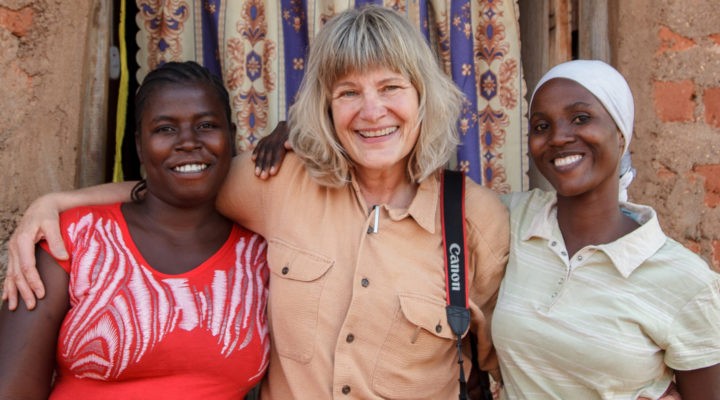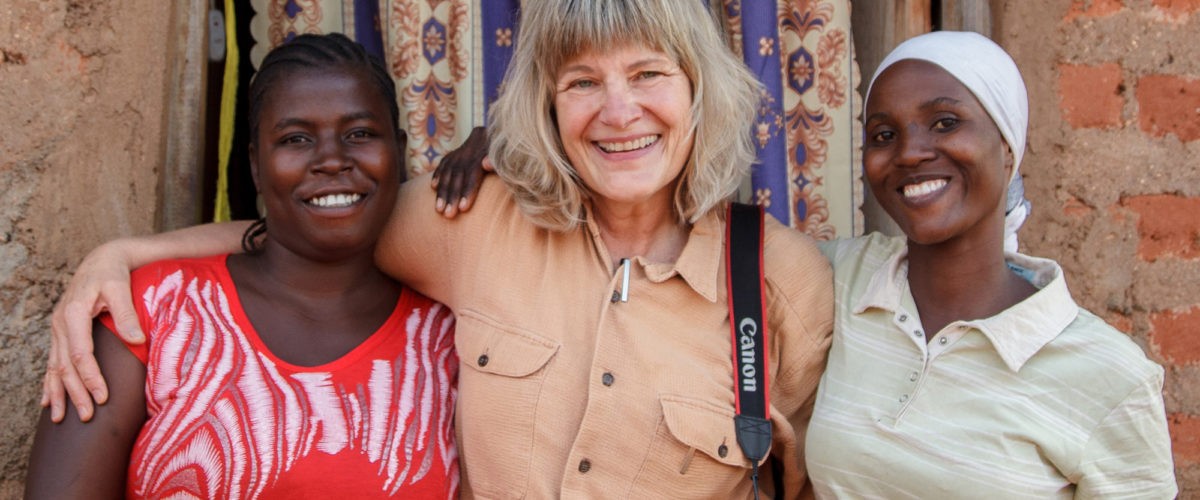For the first time, a woman has been elected vice president of the United States.
It only took 231 years.
Kamala Harris carries the hopes and ambitions of many generations of women of all colors who aspire to lead in government, business and other fields. Not that the vice presidency has been a highly consequential gig in American political history. John Nance Garner, who served two terms in the office under Franklin D. Roosevelt, famously complained that the job was “not worth a bucket of warm spit.”
But Garner’s successors have made the second-banana role more and more important, especially in recent years. And it’s only a heartbeat from the presidency — where Harris could find herself as soon as January 2025.
Whether or not you agree with her politics, Harris is a capable, confident and charismatic politician. Many American women before her were just as accomplished but never got the chance to rise so high in government. Let’s hope that injustice is finally changing.
It’s already changed in many other arenas, although women have to fight daily to hold the ground they have conquered. Ancient patriarchal tradition accounts for much of the ongoing resistance to women as leaders. Sadly, another thing that continues to hold them back is the supposedly biblical notion that men always should be in charge at home and at church, a mindset that seeps over into other walks of life.
“Justifications for this divine old-boy network tend to be more sophisticated these days than claims of outright male superiority.”
Justifications for this divine old-boy network tend to be more sophisticated these days than claims of outright male superiority. Women are equal to men, the modern rationalizers insist, but are created by God for “complementary” roles that don’t include authority over men.
What about great women leaders in the Bible or in church history? They had to step into the breach, the complementarians say, because men failed to perform their proper, God-given leadership duties. God blessed their faithfulness until God could find some men to step up to the plate.
Could it be, I ask, that God called these women to be leaders in the first place? Could it be that God will use anyone who is available and faithful?
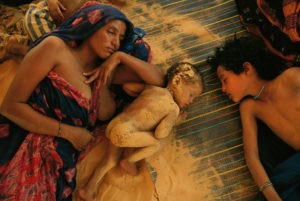
Blowing sand clings to eight-month-old Isha as she sleeps with her mother and sister under a tent that shelters them from the fierce afternoon sun in their home about 80 kilometers from Timbuktu, Mali, West Africa. (Photo by Joanna Pinneo)
That includes numerous heroic missionary women I have met over the years (many of them single) who take the gospel into some of the darkest, most dangerous places on earth. They’re opening — or breaking down — closed spiritual doors whether men go with them or not. If you look at mission history, that’s been true for a long time.
I believe storytelling is another sacred leadership calling, if it is done for the right reasons. That’s what God called me to do long ago as a journalist, and I’ve tried to tell “God stories” about God’s work and people ever since. Powerful stories lead people to pray, to change and to act.
I’ve had the privilege of working with some great women storytellers along the way. One of them is photojournalist Joanna Pinneo. We both spent our apprentice years at the SBC International Mission Board, which encouraged many writers, photographers, videographers and other communicators to tell “God stories” worldwide. Joanna and I covered stories together in five countries across Latin America and Asia.
We also benefited from the mentorship of the late, great photographer Don Rutledge, who taught many of us how to tell stories regardless of our preferred medium. Joanna, who started out processing other photographers’ film in the IMB darkroom, became one of Don’s most renowned students. Before long she was out of the darkroom and onto the field, where she quickly became one of the agency’s top photographers.
I stayed at the IMB, but Joanna went on to shoot important stories (and win many awards) for National Geographic, LIFE, TIME, The New York Times Magazine, GEO and numerous other distinguished media outlets. Her travels have taken her to upward of 70 countries, and she’s still at it.
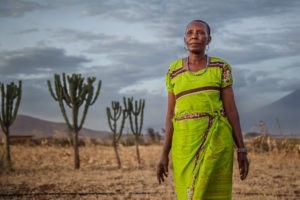
Julieth Mollel has not had an easy life. Julieth and her husband are from the Masai tribe and live in northern Tanzania about an hour outside of Arusha near the southern slopes of Mount Meru. Julieth has toiled all of her life farming, selling crops and keeping the house for her husband and children. Now at 61 she works hard to keep the family going and to pay the fees to send her grandchildren to school. (Photo by Joanna Pinneo)
Joanna came along at the right time in American journalism, when women — if they had what it took — were finally getting more opportunities to cover significant stories. For generations, female reporters and photographers were limited to the society and local feature pages — or shut out of the journalistic boys’ club altogether.
That hasn’t changed enough. Journalism overall remains male-dominated. And a 2015 study of photojournalism in 100 countries found that women photographers remain less likely to be hired by major media companies, less likely to be assigned to stories, less likely to be paid as well as men — and more likely to be subjected to discrimination, sexual harassment and violence. I won’t speak for Joanna, but I’m sure she can tell a few horror stories after 40 years in the business.
But things are better than they used to be, although journalism itself is struggling for survival as newspapers die or slash editorial staff amid declining readership numbers.
Some women storytellers, including Joanna, have created their own opportunities. She has specialized in recent years in telling the stories of girls and women striving for better lives globally (see a few of her classic images accompanying this column). She founded a nonprofit to encourage girls to find their own voices through photography and mentors young women photojournalists.
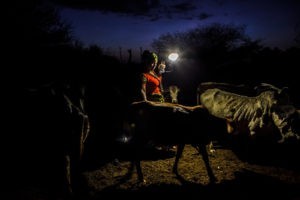
Solar Sister entrepreneur Fatma Mziray checking on her cows in the evening in a village near Moshi, Tanzania. (Photo by Joanna Pinneo)
“I really want to be an advocate,” she told a reporter for a 2014 profile of her life and work. “I really feel like storytelling is important — wanting to understand other people and other cultures and then show people what other cultures and lives are like so they have a greater understanding. …
“It’s almost a spiritual approach, the idea that we’re all connected and what one person does influences another. Everything has an impact somewhere. I want to be an impact of kindness, an impact of compassion, an impact of caring. If I can enter someone’s life with those intentions, I hope that carries forward somehow.”
How many other young women photographers, videographers, writers, artists and storytellers are out there, looking for opportunities to express themselves and maybe even change the world?
That’s a very personal question for me, because my daughter is one of them.
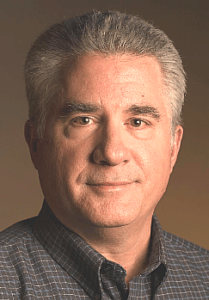 Erich Bridges, a Baptist journalist for more than 40 years, retired in 2016 as global correspondent for the Southern Baptist Convention’s International Mission Board. He lives in Richmond, Va.
Erich Bridges, a Baptist journalist for more than 40 years, retired in 2016 as global correspondent for the Southern Baptist Convention’s International Mission Board. He lives in Richmond, Va.
Related articles
Why Baptist women in ministry feel a kinship to Justice Ginsburg | Meredith Stone
We’re all waiting, but waiting is nothing new for women | Meredith Stone
Mohler says women should not occupy the Lord’s Day pulpit

